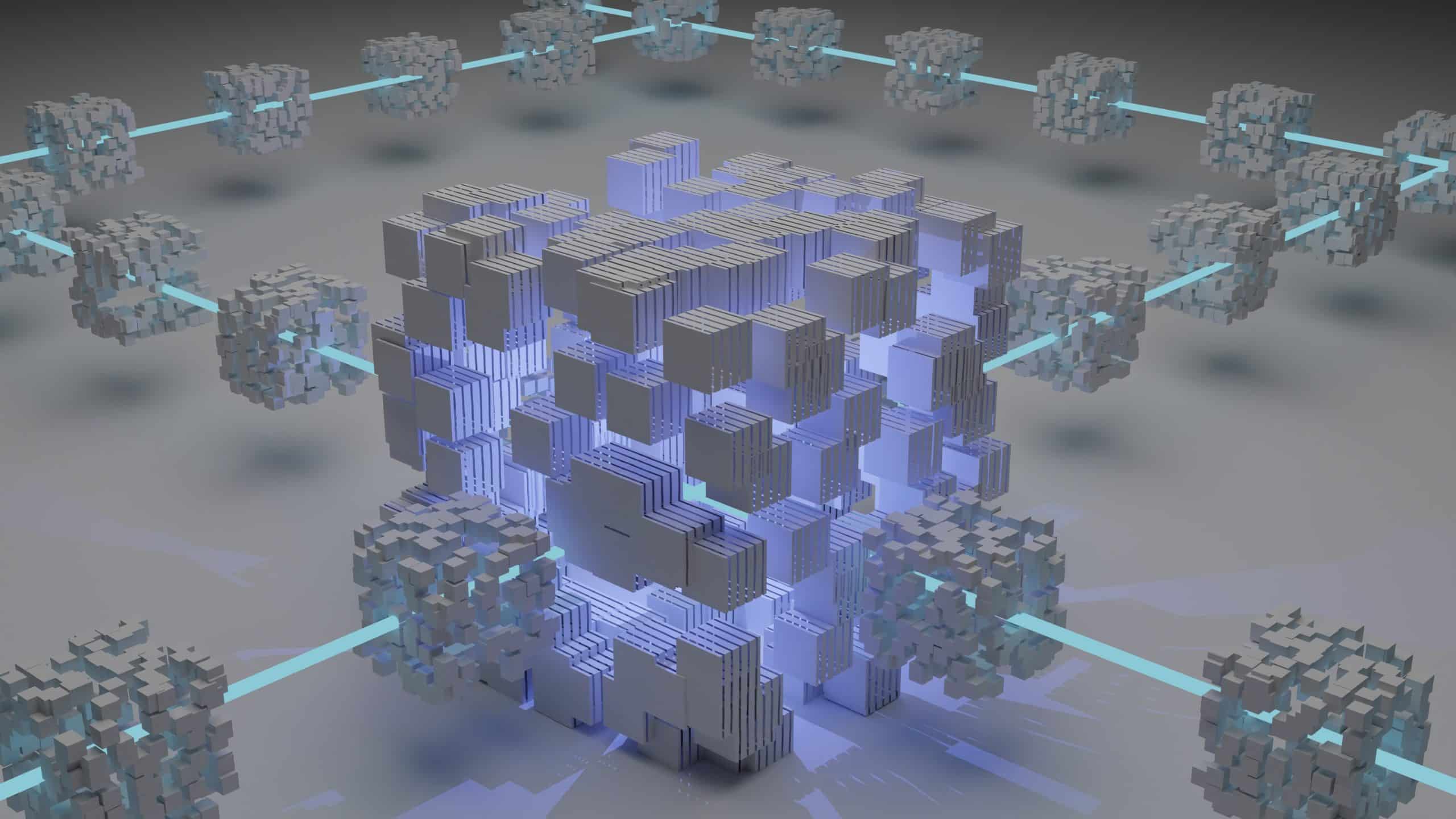Polygon Plans Laborious Fork for Jan. 17 to Cessation Gas Payment Spikes and Reorgs

Polygon Labs, the entity in the aid of the Polygon blockchain, plans to beef up its network in a not easy fork subsequent week.
In a weblog submit on Thursday, the Polygon group announced that a not easy fork, proposed to happen on Jan. 17, geared toward reducing the severity of gasoline spikes and addressing chain reorganizations or “reorgs.”
📢 GET READY FOR THE HARDFORK 🔥
The proposed hardfork for the #Polygon PoS chain will rep key upgrades to the network on Jan 17th.
Right here’s true records for devs & customers — & will rep for better UX.
That that you just can well NOT want to attain the rest otherwise. Important aspects:https://t.co/RaBWDjEGrI pic.twitter.com/nipa15YQdZ
— Polygon | Aggregated (@0xPolygon) January 12, 2023
A not easy fork is a trade to the blockchain protocol that splits the network into two variations. In show to rob part in the original version of the blockchain, node operators will want to beef up their scheme to rep certain compatibility with the original location of principles.
Polygon is a Layer 2 scaling solution, built on top of Ethereum, and designed to tempo up transactions on the underlying blockchain. In a governance forum dialogue closing month, neighborhood individuals deliberated on suggestions for 2 significant issues for Polygon customers – reorgs and gasoline spikes in some unspecified time in the future of high demand.
Chain reorgs happen when nodes gather blocks which are fragment of the original version of the blockchain, impacting when transactions are current and occasionally main to duplicate or lost transactions.
“Undoubtedly one of the systems identified to mitigate the topic is to minimize the flow dimension from basically the most recent 64 blocks to 16 blocks,” acknowledged Mateusz Rzeszowsk, a member of the Polygon Governance group, on the forum.
Gas spikes in some unspecified time in the future of periods of high demand on the blockchain used to be any other field that wished to be addressed.
“They are a consequence of EIP-1559 and the Polygon PoS chain’s faster block times,” acknowledged the group.
The group proposed rising the “BaseFeeChangeDenominator” parameter, which determines the minimal rate for block inclusion, to 16 from its most recent worth of 8 as a skill to mitigate these spikes in rate.
Node operators will want to beef up their respective scheme earlier than Jan. 17 so that the adjustments could possibly be implemented efficiently. The not easy fork will not affect the time and sequence of blocks a validator produces, acknowledged the group, including that there shall be no overall trade in rewards to validators.
Source credit : unchainedcrypto.com
